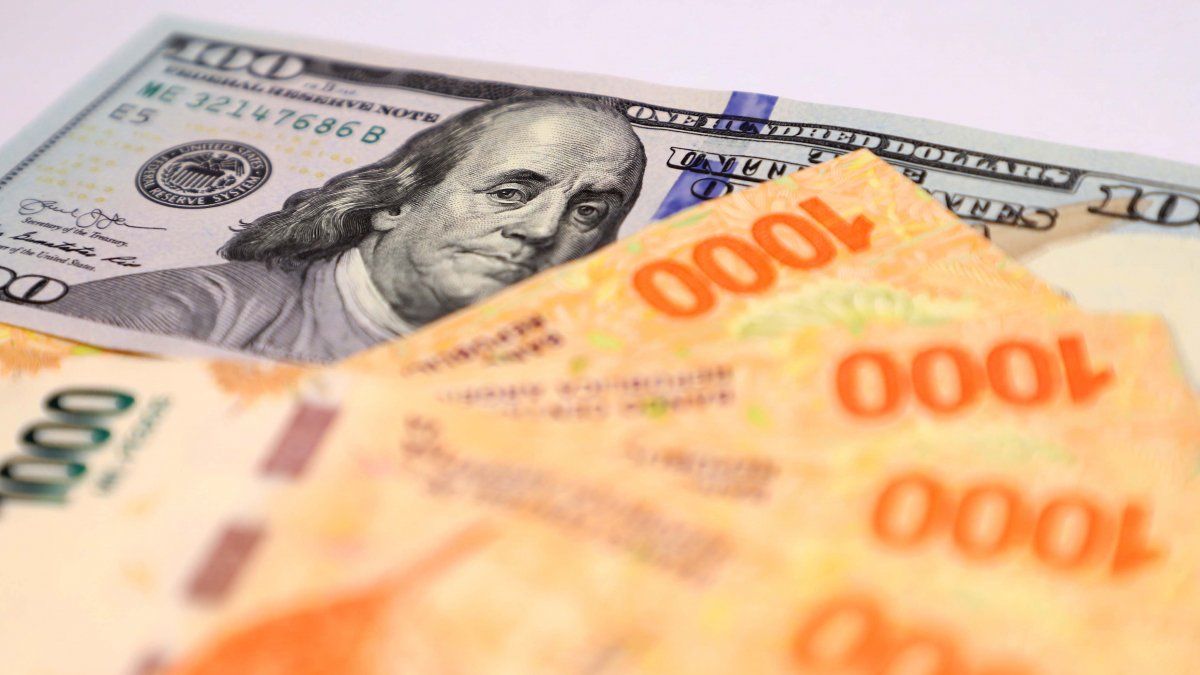In July, IED rebounded at US $ 155 million, but in the accumulated 2025 it already registers a drop of US $ 1,370 million, product of the multinational departure, in a context in which the Rigi is still in force.
In July, the Direct foreign investment (FDI) showed a slight rebound U $ S155 millionbut so far this year accumulates a Fall of US $ 1,370 millionaccording to the last exchange balance of the Central Bank (BCRA). According to economists, the setback responds to the departure of capital by multinationals that abandoned the country since the end of last yearin a process that contrasts with the expectation generated by the sanction of the Incentive regime for large investments (Rigi) Just a year ago.
The content you want to access is exclusive to subscribers.
BCRA data show an irregular but predominantly negative evolution in FDI flows for 2025: in January There was a negative balance of US $178 million, in February The negative trend was aggravated, with a decrease US $ 1,050 million, the worst registration of the period. In Marchthere was a slight rebound with a positive balance of US $ 97 million, while in April a new fall with a negative balance of US $ 659 million and in May A slight recovery with a positive balance of US $ 109 million. And finally, in June a rise of US $ 154 million, a figure similar to month seven, at US $ 155 million.


“In July 2025, foreign direct investment was positive again at just US $ 155 million. However, The accumulated balance is negative for US $ 1,191 million if the period has been taken into account since December 2023. Never in the history of Mulc the FDI had given negative. This accounts for the deficiency in its performance of the incentive regime to large investments (rigi), approved within the framework of the Base Law in July 2024, “they explained from Strain to the BCRA report.
For Sebastián Menescaldiassociate director of the consultant Eco Gothese figures are due to the fact that since the end of last year there were important departures from companies such as Telefónica, Petronas, Exxon, P&G, Mercedes Benz and HSBC. Other reports add that in total there are already 13 companies that left the country since Javier Milei is president. The list must be added firms such as: Prudential, Chlorox, Xerox, Internexa, Enap Sipetrol, Southern Cross (Atria Logistics Solutions) and SHV Holding (Makro).
“This year’s fall is given by the graduation of some multinationals, mainly sustained by the information and communications, for the sale of Telefónica to Telecom that remains to be approved”he said to Scopethe economist Federico Glusteinwho also added that “Many approved revenues are not yet confirmed being one of the weakest years in terms of IED of the century.”
Despite this, however, There are other economists who warn that there is a “double game of games” when interpreting the BCRA monetary balance. Because, for example, the sale of telephone to Telecom made that in telecommunications come out US $ 1,100 million per FDI but in turn entered US $ 1,100 of external financing, which would mean that the balance remained 0 for what they understand that, in this case, in this case, in this case, in this case, in this case, It is more than an accounting calculation than “investment output”. In addition, in the figures, the payment of energy dividends may have been evident.
Direct foreign investment: what to expect in the remainder of the year
“Multinational exits continue, but to a lesser extent,” He assured a PWC Argentina report. According to this survey, during the semester there were at least 4 transactions in which a multinational group sold all or part of its operation in Argentina.
“This value represents a fall, if compared to the 12 outputs of exits that took place in all 2024 – in total there are more than 80 outputs registered since 2020. Outputs will surely continue, but to the extent that the Argentine risk continues to decline, they should be less and less,” they expanded.
Source: Ambito




